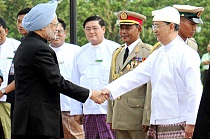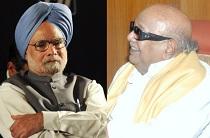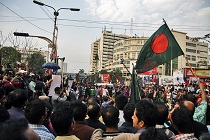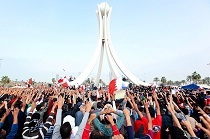India-Myanmar: a balance of interests
As a neighbour, India has legitimate interests in Myanmar, especially for peace and progress in its North East. More recently though, the Myanmarese are looking to imbibe democratic values from India, learn about regulations, banking systems, commodities exchanges, media councils, software and telecom skills










